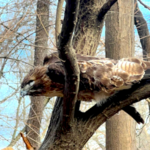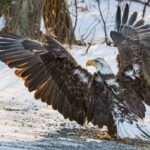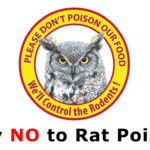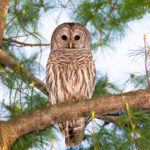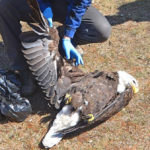
At the upcoming May Town Meeting, members will vote on a warrant article requesting that the Select Board file a Home Rule Petition with the Massachusetts Legislature. This petition would grant Belmont the authority to prohibit or restrict the use of second-generation anticoagulant rodenticides (SGARs) within town limits. Once the authorization has been granted, a bylaw or other rodenticide restrictions will be presented to future sessions of Town Meeting for approval. SGARs are potent rodenticides that disrupt blood clotting, causing prolonged internal bleeding in rodents. However, these poisons also have unintended and harmful effects on Belmont’s wildlife. Predators such as [READ MORE]



